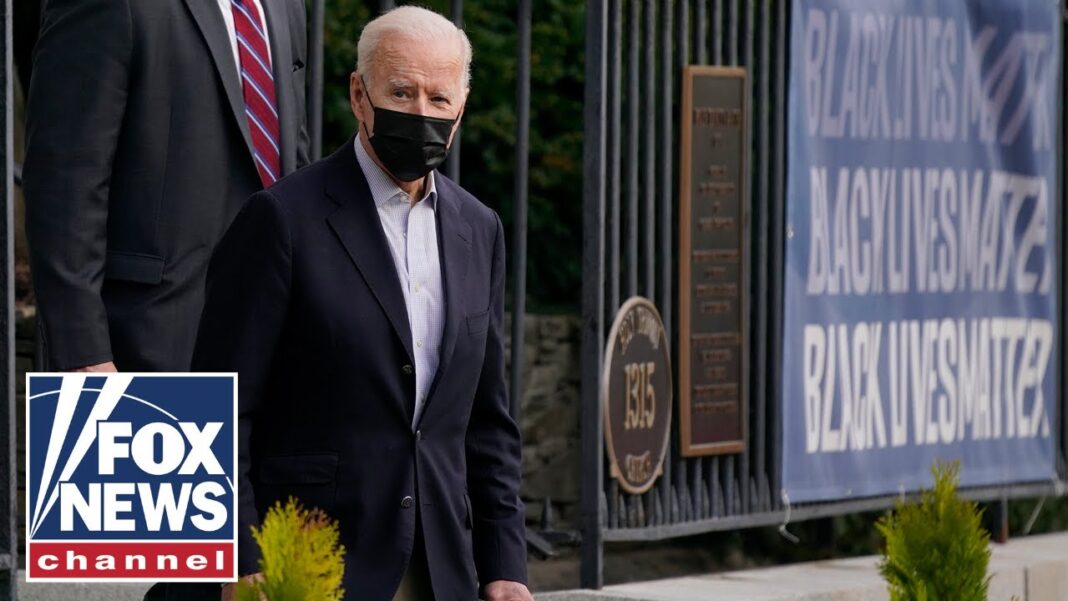San Francisco is coming undone. In recent years, the city has manifested a series of visible and persistent inequalities, with a spoils-to-the-victor world for its technological elite, and a chaotic, brutalized world for its dispossessed. In the city’s Tenderloin district, men openly hawk drugs on the street corners, desperate addicts are crumpled across the sidewalks, and first responders dart through the chaos to revive overdose victims.
The city has become a web of contradictions. There are thousands of new millionaires, and, by the latest estimates, 18,000 people in and out of homelessness. The headquarters of Uber, Twitter, and Square are blocks away from the open-air drug markets of the Tenderloin, Mid-Market, and SoMa. Wealthy families attending an art opening at the Civic Center have to cross through the tent encampments that line the sidewalks.
Residents, property owners, and small businesses—who pay an enormous premium to live and work in San Francisco—have begun to erupt in frustration. Citizens tell pollsters that homelessness is the city’s most pressing issue and business owners tell pollsters that “conditions on [the] streets have progressively deteriorated.”
City Hall has begun coming to terms with the crisis. Mayor London Breed recently hired a director of mental health reform, Dr. Anton Nigusse Bland, who compiled a statistical summary of the problem. People have long known that San Francisco has a homelessness problem, but Nigusse Bland discovered a population-within-a-population—the so-called “perilous trifecta”: 4,000 men and women who are simultaneously homeless, psychotic, and addicted to alcohol, meth, or heroin. About 70 percent of them have been on the streets for more than five years; 40 percent have been on the streets for more than 13 years.
This is the city’s fundamental predicament. How do you help people in the grips of the perilous trifecta? What interventions could make progress? Where do social workers even start? It’s almost impossible to understate the depths of this challenge.
BY Christopher F. Rufo for REALCLEARINVESTIGATIONS






